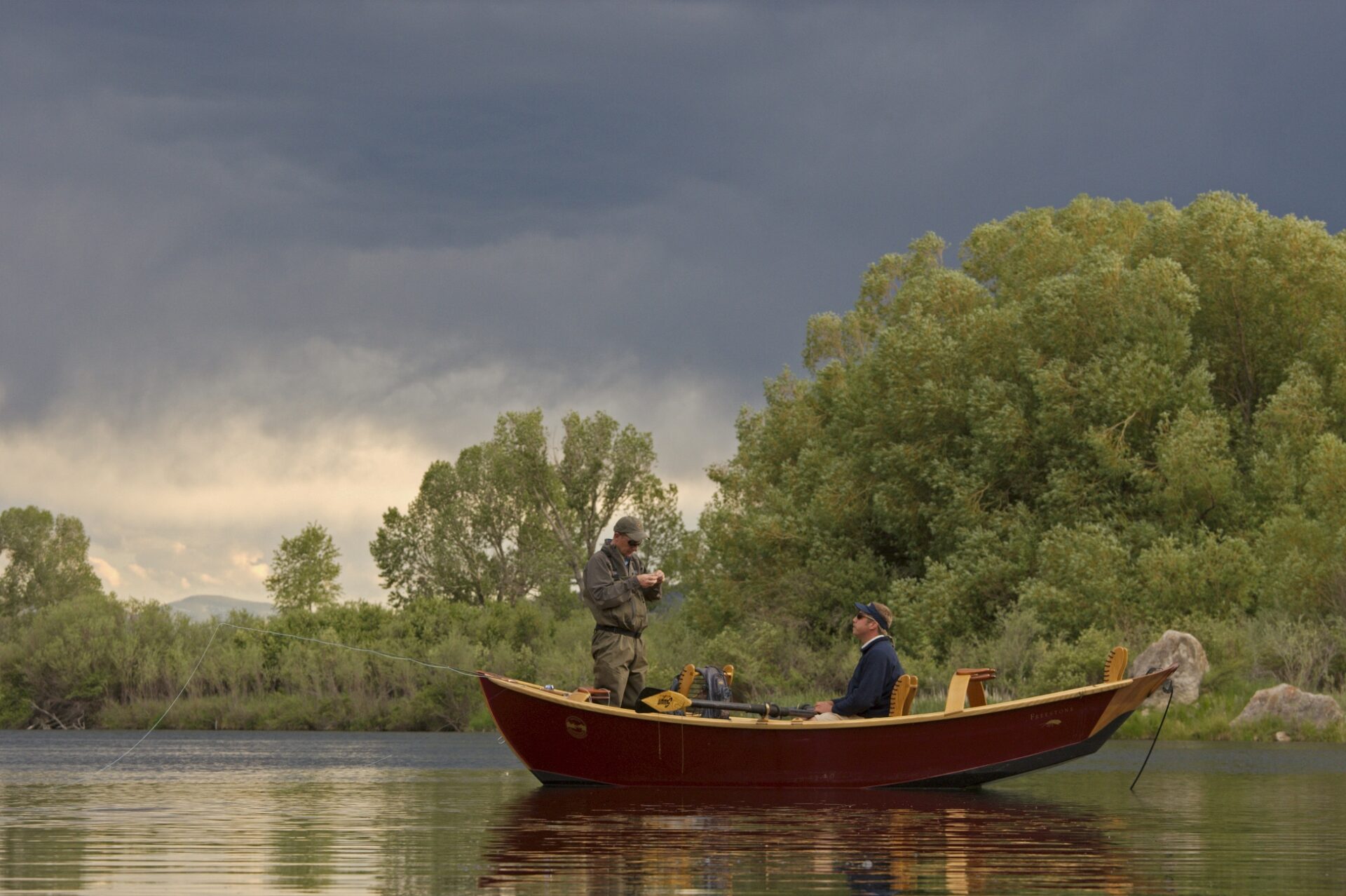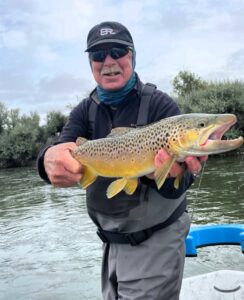Providers of all-inclusive travel experiences understand the vital importance the booking of activities plays in the success of their overall business. After all, unlike a hotel, where the booking of a room often equates to a completed transaction, for these specialty destinations, the room is just the beginning of a broader conversation. Early in the inquiry stage, the “all-inclusive guest” is typically well passed thinking about where they want to stay. The quality of the entire experience is what matters to them most, and they are focused on planning what they want to do. As such, it is quite common for the booking of an all-inclusive package to hinge on the availability of the guest’s desired activities.
To put this in a revenue perspective, take the example of a 5-night 4-day all-inclusive guided fishing package for two. If the total package cost is $10,000, and the value of a single guided trip is $500, then it stands to reason that 95% of the total package revenue is contingent on securing the guide. Diving into the profitability model further, the property will not earn meaningful income from the guided fishing trip, and the significant profit margins will come from the lodging and dining portions of the package. As such, operators of all-inclusive destinations are highly motivated to develop activity programs that drive the conversion of inquiries into confirmed bookings.
As prospective guests work through their decision, these factors tend to be at the center of the discussion:
Guides
Many clients ultimately book based on guide availability. In other words, if the guide they want is not available, they will travel at a different time. Businesses that employ the best guides have a clear advantage, If one reputable guide is booked, the client can opt to go with another; however, if none of the guides meet the client’s expectations, there is a good chance the client will not book at all.
In-House Activities vs. 3rd Party Providers:
Properties with in-house activity programs have greater control over scheduling than properties that rely on 3rd party providers. If a property must wait until they can confirm an activity booking with a 3rd party before they can confirm the reservation on behalf of the client, the chances that the client will choose to book with another operation go up. This is the core reason properties tend to build activity programs in-house. Furthermore, due to differences in deposit and cancellation policies, if a guest wishes to reschedule or cancel an activity booking with 3rd party providers (which is very common), it can turn out to be a logistical nightmare for the guest and cause unintended damage to your brand.
Expert Knowledge:
Prospective guests of experiential properties seek expert knowledge and premium activity opportunities. As clients shop for the right destination, they will likely vet out the team on the ground in order to gain a high level of confidence they are talking to the right people. Train your sales team to fully understand the nuances of your activity programs and give them the tools they need to convey the true nature of the experience to your customers. Above all else, if the client asks an activity question to which your sales team does not have an immediate answer, teach your team not to set false expectations. For any situation in which one of your team members does not have relevant experience, have them communicate to the client that they will check with an expert, and respond to the client with accurate information they can trust.
As the adventure travel economy moves forward, operators will continue to scale activity programs and personnel to support optimum occupancy levels. By placing a priority on improving the activity booking process, operators will put their businesses on a solid path towards increasing sales and maximizing total revenue.
Our mission is to provide software that increases sales and profitability
for businesses that focus on adventure travel and outdoor recreation.
Schedule your demo today.



